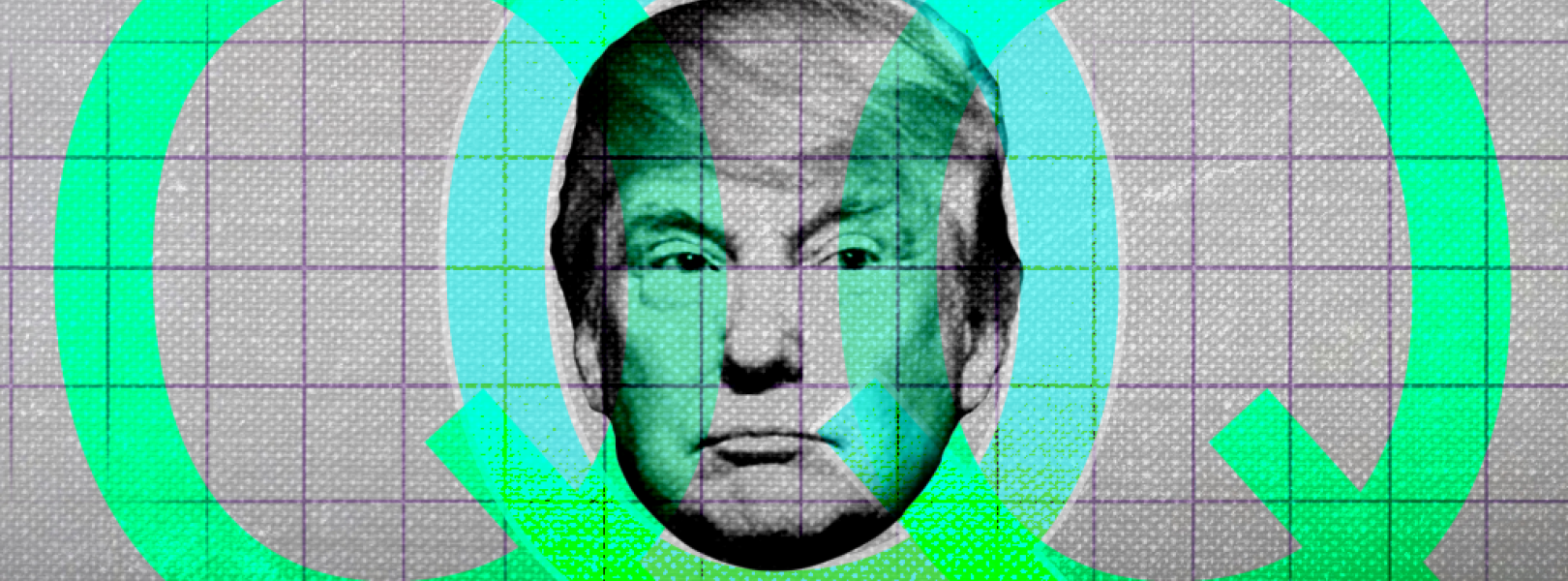Update (8/12/22): A Trump spokesperson claimed to Vice that “the track on the video is not a song titled ‘WWG1WGA’ by Richard Feelgood, but rather … a song called ‘Mirrors’, by TV and film composer Will Van De Crommert, who has composed music for Saturday Night Live and the 2016 Rio Olympics, among others.” However, as Vice notes, “the songs are identical, according to a professor of music theory.” Media Matters has also used the audio editing software Audacity to analyze isolated audio tracks of both Mirrors and Wwg1wga, and found their audio profiles to be virtually identical.
Former President Donald Trump appeared to use a song named after the slogan for the QAnon conspiracy theory in a video promoting his rally speeches, which some in the QAnon community have hyped as supposedly corroborating the categorically false conspiracy theory and the movement it has inspired.
On August 9, Trump posted a video on his social media platform Truth Social featuring footage of himself speaking at his rallies and criticizing President Joe Biden. The video featured background audio and visual imagery of rain and thunderstorms before switching to a rising instrumental musical track.

